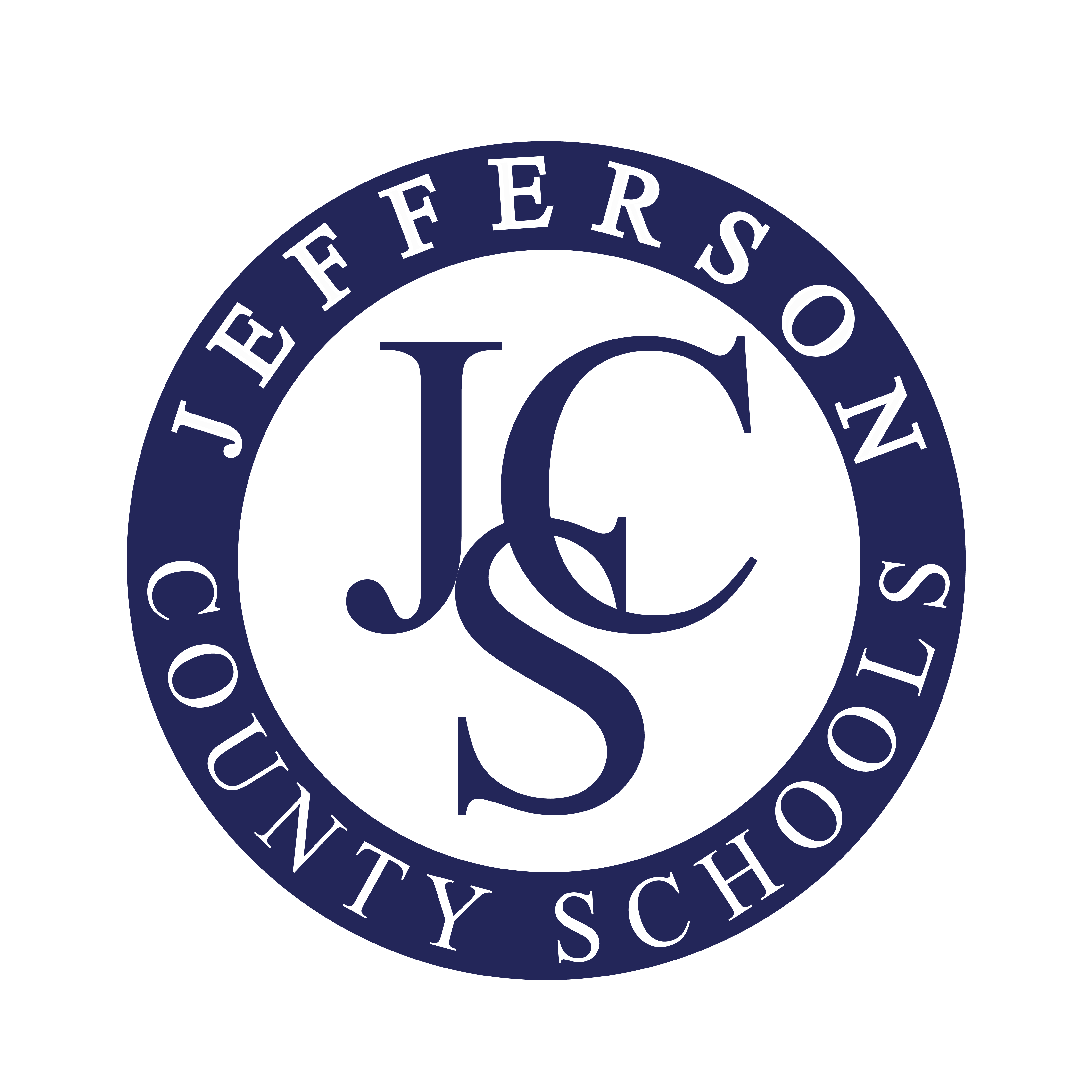CHARLES TOWN, W.Va. -- The latest scores on the West Virginia General Summative Assessment (WVGSA) that went home with students last week. While opinions on the validity of a one-time test on the measurement of technological ability vs. knowledge vary, it is still a measure of performance of some very important skills students need to have to be successful academically and in life.
JCS staff have spent a considerable amount of time and energy reviewing those numbers and have seen some alarming trends. After many years of rising scores in mathematics, there was a steep decline during the pandemic, from which we have not recovered. In English/Language Arts (ELA) performance is better, but some staggering deficits in writing particularly that are keeping hundreds of children just below the mark for proficiency remain. Despite the deep commitment of our families and exemplary skill and effort of our teaching staff, we must all admit that the world has changed in significant ways. This is especially true in how we educate our children.
We have poured resources into social-emotional health and technology to keep children connected, but many elementary students have still missed crucial foundational skills, and there is no grace on a test that remains unchanged. After expanding our summer program to nearly 10x its pre-pandemic size, and training extensively with our staff, we have concluded that we must adapt to the current circumstances and refocus on those basic skills. Particularly at the elementary level where so many foundational skills were lost.
Therefore, we have made the decision to redesign our elementary education program for the 2022-23 school year. We will be expanding our ELA and mathematics work by 50-80 minutes during the school day by integrating the WV Department of Education’s (WVDE) social studies and science standards into our ELA and math programs. That additional time will create opportunities for students who still have gaps and those students who are ready to go above and beyond but haven’t been able to go deeper as we addressed the needs of their peers.
To be clear, social studies and science will remain part of the curriculum, but without 25-minute-long classes focusing on those standards alone. Instead, third through fifth-grade students will follow the same model they did in kindergarten through second grade with social studies and science integrated into their ELA and mathematics. This will be enhanced as those standards are integrated into specials (art, music, PE, and library) as well.
Additionally, every elementary school has been outfitted with a mobile STEAM (Science, Technology, Engineering, Arts, and Mathematics) lab. Students will continue to receive STEAM lessons covering the science standards that allow for hands-on learning and experimentation. Beginning with the first nine weeks report cards, there will not be separate grades for social studies and science. Our focus is to make significant gains in the foundational reading and mathematics skills that children need to access other subjects. We have a small window in which to do this and must do all we can to catch kids up and to help kids who can do so, excel.
We realize you may have questions or concerns about this process. We have provided a timeline and a Q & A on our website at www.jcswv.org/expansion to help. If you have concerns that are not covered in our materials, please reach out to us so we can add it and ensure we all learn and grow from the information.
We recognize that this is a significant change, but we would not be fulfilling our responsibility if we did not convey the urgency of need. We have literally thousands of children who have missed hundreds of hours of education and a closing window to make that up. We also have hundreds of children who are ready to be challenged and teachers who do not have the bandwidth to extend their learning. We cannot make the school day longer, so we must focus our energy on the foundational skills while continuing to teach students these other important subjects.

